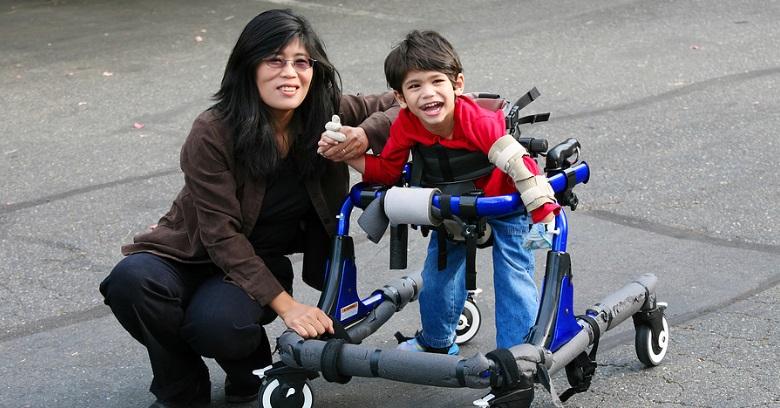A divorce that includes a special needs child can be a more complicated undertaking than that of the standard arrangement that most other couples might have when facing a divorce with children involved.
Divorce lawyers who have counseled parents in these situations find that it involves much more detailed planning and cooperation between the two parents.
The first step for success is to find a divorce attorney familiar with custody arrangements for special needs children.
Having the right experienced divorce help is essential to make certain all additional situations and needs have been discussed and that the divorce itself is focused on continuing to provide for the well-being of that child.
Sharing Rights and Responsibilities Will Be Different
Though the divorce decree as well as the custody and co-parenting arrangement for the typical family might not be too difficult in many cases, divorce lawyers stress that the same arrangements are a lot more complicated when there is a special needs child in the equation.
School, healthcare, visitation, and support requirements are essentially dictated by the needs of the child, not the wishes or schedules of the parents, an important point that attorneys impress on both parents.
In this situation, co-parenting will be decided by the court based solely on those needs.
Parents will need to adhere to a stricter co-parenting plan that could involve certain responsibilities given to one parent over another, financial responsibilities being covered by part of a parent’s portion of the marital estate, and a parenting plan for both that continues on long after the child turns 18.
Planning for the Future Is Essential
Unlike the normal needs of children in divorce in which the custody agreement ends once the child turns 18, the custody agreements of special needs children may never expire depending on the child and his or her special needs.
Divorce lawyers and parents must plan for a lifetime of care, not just a few years.
Custody, visitation, and all parental rights and provisions are a lifetime commitment in this case and must be viewed as such from the start.
Divorce help with future financial planning including future parental support, trusts, Medicaid, and SSI is essential for making certain that once the child reaches adulthood, he or she is provided for into older age and even after the parents themselves pass on.
Start With A Realistic Look At Today
Considering the magnitude of the planning that must take place and degree of cooperation necessary for parents of a special needs child to develop along with their divorce attorneys a feasible and future-proof custody plan, it’s critical for both parties to fully understand what’s required for providing that care both today and tomorrow.
One of the best ways that lawyers recommend doing this is by establishing a baseline that documents life today for the child and both parents, including everything from getting to medical appointments to arranging for special schooling plus ‘a day in the life’ care from each parent’s point of view.
Using this baseline, both parties can appreciate all sides of the situation and come together to problem-solve based on their child’s needs now and into the future.
Seek Help From An Experienced Divorce Lawyer
Parents of special needs children are obligated to provide care to those children for their entire lives even if the couple divorces.
Divorce lawyers understand how this can turn an ordinary divorce into anything but ordinary due to the extensive planning necessary to formulate a custody and support agreement that the court will approve.
From special education and health needs to setting up trusts and negotiating marital property distribution, get the divorce help needed in these special situations from an experienced custody and divorce attorney.
Schreier & Housewirth Family Law
1329 College Avenue, Suite 100
Fort Worth TX 76104
817-923-9999
Gregory L. Housewirth is a Board-Certified Family Law Specialist practicing in Fort Worth Texas. With 30 years of family law experience, Mr. Housewirth has represented hundreds of clients in divorce, custody, CPS, modification, and grandparent cases. In addition, Mr. Housewirth is a qualified family law mediator and a member of Collaborative Law Texas, a practice group dedicated to promoting collaborative divorce in Texas.






